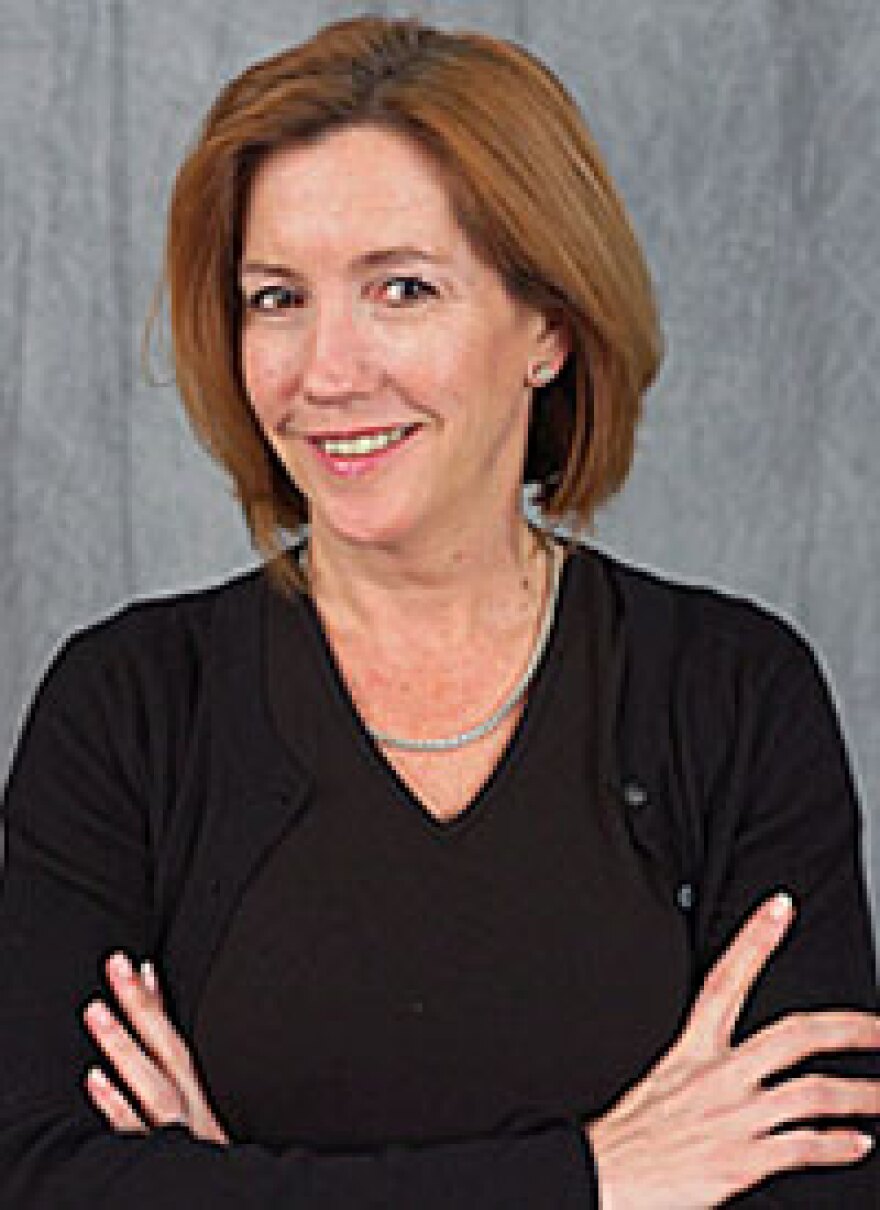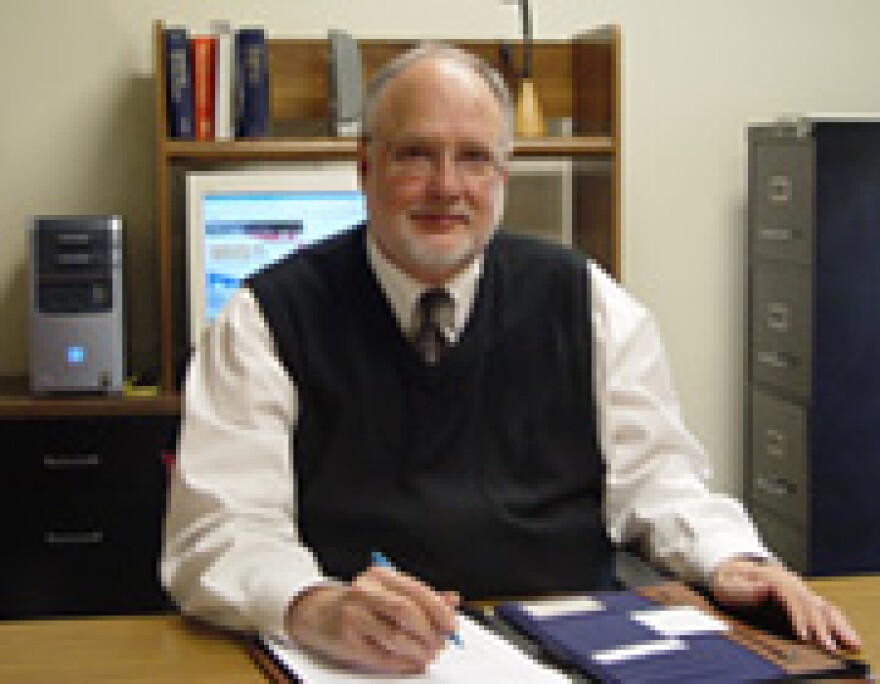The activist the Chicago Tribune once described as “the state’s most vocal advocate for good government” is stepping down after heading the Illinois Campaign for Political Reform since its founding in 1997.
Cynthia Canary earned that label by being “a tireless worker and leader … the inside and outside person” for her organization, says Kent Redfield, director of the Sunshine Project campaign contribution database and a longtime colleague and friend. “She’s been the very public face of campaign-finance and ethics reform,” and the ICPR has been “the driving force for all of the changes that have taken place in money in politics and ethics,” he says.
“Change is good,” Canary says about her leaving. “At a certain point, I think it’s important for founding executive directors to move aside. Otherwise, organizations just get imbued with the idiosyncratic nature of their founders.” Her departure comes in the wake of “a number of big successes” by the ICPR and other reform groups. Those include this year’s first-ever limits on campaign contributions, other comprehensive ethics reforms enacted in 2005 and the State Officials and Employees Ethics Act in 2003.
“I think the accomplishments are amazing, given where we were in the early 1990s,” says Redfield, an emeritus political scientist at the University of Illinois Springfield. Before the reforms, Illinois was a virtual Wild West, where contributors could donate any amount to any state or local candidates at any time.
Canary also points proudly to “how integral and established online campaign disclosure is in this state. We’ve gone from a place where no information was easily available to one where at the flick of a couple of buttons, people can really find out what’s going on.” That has led to a “sea change in political reporting, particularly during elections, where the fourth paragraph is, ‘This is where the money comes from.’

“More broadly,” she says, “we’ve been able in some small way to give voice to people who want to participate in the system, who want to believe that government is responsive, be it with transparency, with open meetings, with redistricting. So I think that creating a channel for engagement has been very important.”
The Illinois Campaign for Political Reform had its origins in the mid-1990s, when the Joyce Foundation awarded Illinois Issues a grant to assemble a task force to study campaign finance reforms. After the task force issued recommendations, the Joyce Foundation asked Canary, then executive director of the Illinois League of Women Voters, to create a proposal for a new organization to look at money in politics “with some vigor to make sure it didn’t end up a report on a shelf,” Canary says. The ICPR was founded by former U.S. Sen. Paul Simon and former Illinois Lt. Gov. Robert Kustra, and Canary became its first executive director.
“We got to work trying to convene people to talk about this issue, how it was impacting politics, how it was impacting elections,” Canary says. She did “a lot of public speaking, driving around, visiting with people,” and it became clear that the organization should take a broader look “at things that were related to ‘small d’ democracy issues in this state.”
Canary also became heavily involved in lobbying state government on reform issues and became a reliable “go-to source” for reporters writing about Illinois’ seemingly never-ending ethics problems.
In the ensuing years, Canary and her organization have called out Demo-crats and Republicans alike on ethics issues. She sometimes has been criticized for being too blunt, and Canary acknowledges her public relations skills could have been better. But, she says, “for the most part, I can’t think of anything much that I have said that I don’t stand behind.”
“I think sometimes, politics is unnecessarily personal and harsh. I think there are a lot of really good people in government, and there are times when I’ve kind of regretted that the rhetoric has ramped up the way it has.”
Despite the accomplishments of the ICPR and other reform groups, much remains to be done, Canary says. “It is really an ongoing process; it’s about being vigilant.”
In the short term, she says, watchdog groups need to look at refinements to the campaign finance law, broadening it to include general election contribution limits for parties and legislative caucuses. Also, “I think there’s a lot to be vigilant about on the transparency front. There are threats to the Freedom of Information Act that we see bubbling in the legislature.” And the next several months will see new maps for legislative and congressional districts, a process that’s always ripe for scrutiny.
“We have been too tolerant of corruption for too long,” Canary says. “We know by looking at the facts, looking at the money, looking at the prosecutions, looking at the sheer number of elected officials who have sadly been indicted and been convicted that we have got a problem in our public sphere.
“There is a fiscal cost in what we pay in our so-called corruption tax.” Along with the dollars that government graft siphons away from schools, roads, parks and other needs, “a state that is known for its corruption … is not necessarily a state where people say, ‘I want to go move my business there.’”
She says she is beginning to sense, though, that “our patience and amusement is beginning to run out with this steady stream of corruption du jour.” In the months following the arrest and impeachment of former Gov. Rod Blagojevich, “we hit that tipping point.”
After she retires on June 1, the 52-year-old Canary plans take some time off and travel to Europe and Iceland. In the fall, she hopes to do some consulting and teaching. “I think I’m going to very much stay in this arena. I’m going to continue doing everything I can for ICPR, and it’s in everybody’s interest that this is a vigorous organization that’s really doing a job as a watchdog and an advocate, sometimes as a cheerleader,” she says.
“An active and engaged public — I know it sounds kind of hokey, it sounds like Pollyanna — but I fundamentally believe they can make a difference.”
Canary says she is working with the ICPR board’s search committee to find her replacement.
Illinois Issues, May 2011





